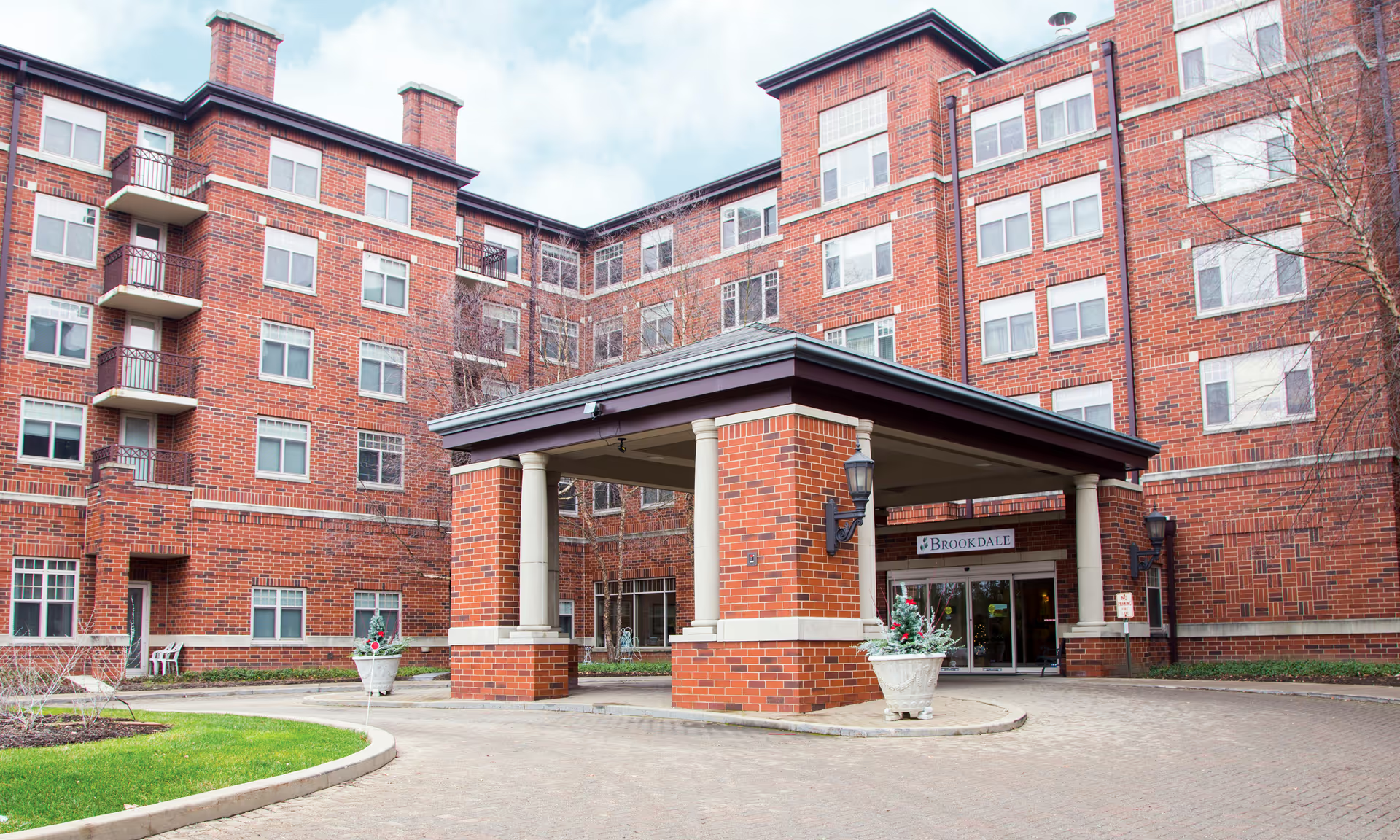Overall sentiment in these reviews is mixed but centers on a clear distinction between the quality of direct caregiving and concerns about management and clinical oversight. Many reviewers are effusive about frontline staff, describing them as compassionate, loving, and family-like. Specific praise includes dedicated nurses and aides, with multiple accounts that residents are safer, happier, and in some cases thriving with dementia care. Several reviewers explicitly named staff members (for example, Lori R.N.) in a positive light, and family-style dining, clean facilities, and consistent professionalism were highlighted as strengths. There are also reports that the community provided strong end-of-life support and effective COVID-19 handling, which were important to families.
Despite the broadly positive comments about caregiving staff, there are serious negative reports that cannot be overlooked. At least one review alleges a critical clinical lapse involving respiratory failure where an ambulance was reportedly not called, and another mentions failure to recognize swollen feet. These are framed by reviewers as neglectful clinical oversights and resulted in hospital visits. Such incidents contrast sharply with other reviews that praise clinical care, indicating variability in clinical responsiveness or in the experiences of different families.
Dining and daily life impressions are somewhat mixed but generally favorable. Several reviewers describe meals as tasty and appreciate family-style dining that contributes to residents' happiness. At least one reviewer noted that food quality could be lacking, but they contextualized that comment as understandable because of the dietary needs of residents. The facility appears to be clean and to provide consistent routines and compassionate professionalism, which many families value, especially for residents with dementia who are described as thriving.
A recurring and distinct area of concern is management and organizational culture. Multiple reviews mention poor management behavior including gossip, backtalk, shift favoritism, and unprofessional conduct. Some allegations are more serious and specific, including wage withholding or financial retaliation and a focus on profits over resident welfare. Reviewers also reported unaddressed problems and a perception that management does not consistently intervene to resolve issues. These concerns about leadership and workplace culture stand in stark contrast to the praise for direct-care staff and suggest a potential divide between frontline caregiving and supervisory/administrative practices.
Taken together, the reviews paint a picture of a facility with strong frontline caregivers who build family-like relationships with residents and deliver compassionate daily care, including positive dementia and end-of-life support. However, there are notable red flags around clinical oversight in at least some incidents and substantive complaints about management practices and organizational culture. For prospective families, it is important to weigh the consistently high marks for direct care against reported management and clinical concerns. Practical next steps for decision-making would include asking the facility about incident response protocols (for medical emergencies), staffing patterns and turnover, management complaint-resolution processes, policies on financial and payroll practices, and references from current families. Verifying how the facility documents and responds to clinical changes and emergencies would help address the most serious issues raised in the reviews.







